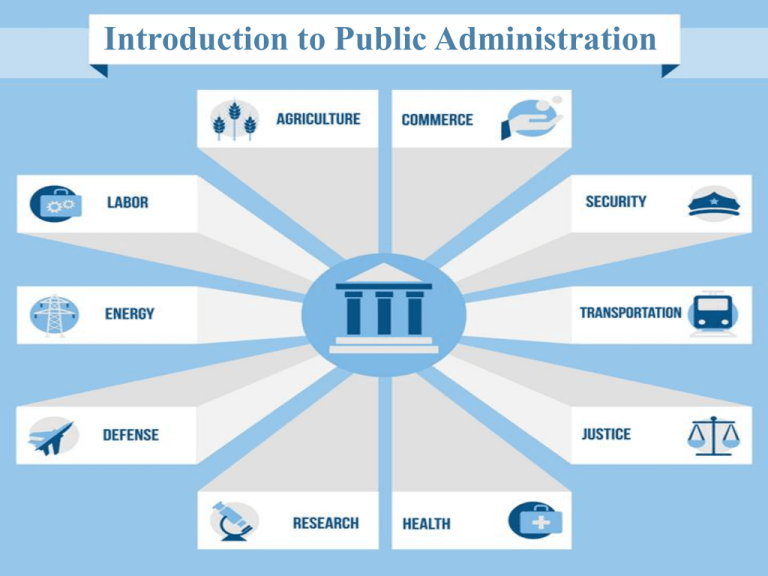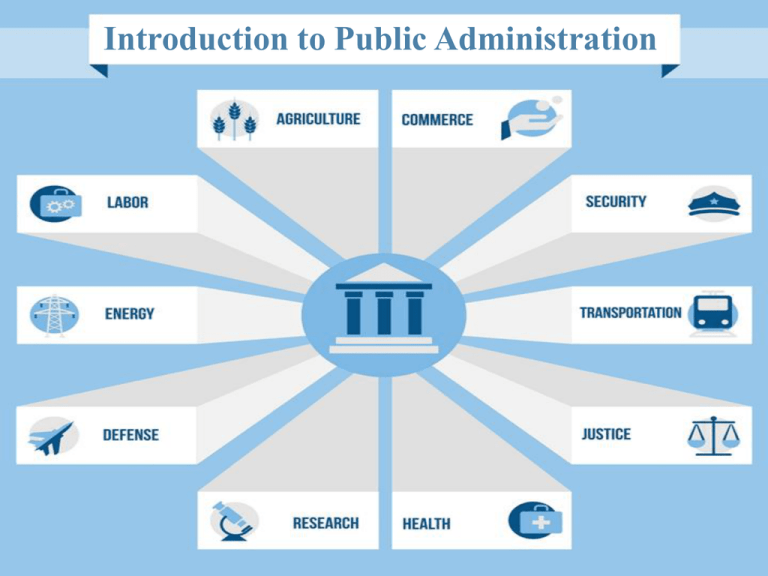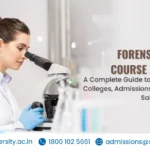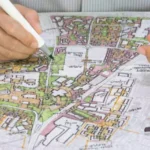I remember a time, not so long ago, when I felt a bit lost. I knew I wanted to do something meaningful, something that truly helped people and made a difference in the world. But "making a difference" felt like such a vague, giant concept. Should I be a doctor? A teacher? An activist? My passion was there, burning bright, but the path forward was shrouded in a fog of uncertainty.
Then, almost by accident, I stumbled upon something called a "Public Administration Course." My first thought? "Public… Administration? Sounds a bit dry, doesn’t it? Like dusty old government offices and endless paperwork." Boy, was I wrong. My journey through that course turned out to be one of the most eye-opening and transformative experiences of my life. And if you’re like I was – a bit confused, a lot passionate, and ready to roll up your sleeves – then stick around, because this story might just be for you.
What Even Is Public Administration, Anyway? (My Big Revelation)
Before I dive into the nitty-gritty of the course, let’s clear up that initial misconception. When I first heard "Public Administration," my brain pictured black-and-white photos of serious-looking people in suits, pushing pens. What I learned was something entirely different.
Imagine the world around you: the clean water coming from your tap, the roads you drive on, the schools your kids attend, the parks where you relax, the healthcare services available, the public safety measures keeping you safe. All of these things, and countless others, don’t just magically happen. They are designed, funded, managed, and delivered by a complex network of people and organizations.
Public Administration, at its heart, is about making these essential public services work. It’s the engine room of government, non-profits, and international organizations, ensuring that policies designed to improve lives are actually put into practice effectively and ethically. It’s about solving community problems, managing resources, leading teams, and making decisions that impact millions.
I quickly realized it wasn’t about politics in the partisan sense, but about governance – the practical side of how societies organize themselves to achieve collective goals. It was about turning good intentions into tangible results. And that, for someone who wanted to "make a difference," was a massive "Aha!" moment.
Stepping Into the Classroom: My First Taste of Public Admin
Walking into my first class, I was a mix of nervous and excited. The professor, a former city manager with a twinkle in his eye, started by asking us a simple question: "What’s one public service you couldn’t live without?" The answers flew around the room: clean water, safe streets, good schools, healthcare. He then said, "Great. Now, who makes that happen, and how do they do it?" That was the hook.
The course wasn’t just lectures; it was a deep dive into the real world. We tackled everything from the big picture to the smallest details. Here’s a peek into what my Public Administration Course covered:
-
Understanding Public Policy: This wasn’t about making laws, but understanding how laws and policies are developed, implemented, and evaluated. We looked at case studies of successful and failed policies, from environmental protection to housing initiatives. It taught me to think critically about the impact of decisions.
-
Public Finance and Budgeting: Okay, I’ll admit, this initially sounded like the "dry" part. But then we started dissecting actual city budgets, learning how tax dollars are collected and allocated. I realized that understanding public finance is crucial for anyone who wants to ensure resources are used wisely and fairly. It’s about accountability and transparency.
-
Organizational Behavior and Management: How do you lead a team in a government agency? How do you motivate public servants? This section was fascinating, exploring leadership styles, human resources in the public sector, and how to build efficient, ethical organizations. It was less about theory and more about practical tools for managing people and projects.
-
Ethics in Public Service: This was a cornerstone. Every decision made in public administration carries a heavy weight. We discussed scenarios where public officials faced ethical dilemmas, learning about accountability, transparency, and the profound responsibility of serving the public trust. It really hammered home that "making a difference" also means making right decisions.
-
Urban Planning and Community Development: This was one of my favorites. We explored how cities are designed, how communities grow, and how public administrators work with citizens to create vibrant, sustainable places to live. We looked at everything from zoning laws to public transportation systems. It was incredibly tangible and inspiring.
-
Data Analysis and Program Evaluation: How do you know if a public program is actually working? This part taught me the basics of collecting and analyzing data to measure the effectiveness of policies and services. It was about moving beyond assumptions and making evidence-based decisions.
Beyond the Textbooks: Real-World Relevance
What really set my Public Administration Course apart was its focus on real-world application. We didn’t just read about theories; we applied them.
- Guest Speakers: We had incredible speakers – former mayors, non-profit directors, government agency heads – who shared their direct experiences, challenges, and successes. Hearing their stories brought the concepts to life and showed me the diverse career paths available.
- Case Studies: We spent hours dissecting complex public problems, from managing a natural disaster response to revitalizing a struggling neighborhood. Working in teams, we had to propose solutions, justify our budgets, and consider the ethical implications. It felt like playing a low-stakes version of real-life decision-making.
- Simulations: One memorable exercise involved simulating a city council meeting, complete with passionate citizens, conflicting interests, and a tight budget. It was messy, challenging, and incredibly insightful about the complexities of public decision-making.
Every time I saw a news report about a new public initiative, a city council debate, or a challenge facing our community, I no longer felt like a passive observer. I had a framework to understand the underlying issues, the different stakeholders involved, and the potential administrative hurdles. My worldview expanded dramatically.
Who Is This Course For? (Could It Be You?)
As I progressed through my Public Administration degree, I realized this field isn’t just for a specific type of person. It attracts a wonderful mix of individuals. If any of these resonate with you, then studying Public Administration might be an excellent fit:
- The Problem Solver: Do you see challenges in your community and immediately start thinking about solutions? Public Administration is all about tackling complex problems, from poverty to climate change, with practical, policy-driven approaches.
- The Community Builder: Do you care deeply about your local area, wanting to improve schools, create safer neighborhoods, or foster economic growth? This course gives you the tools to be a catalyst for positive change.
- The Ethical Leader: Do you believe in fairness, transparency, and accountability? Public service demands a strong moral compass, and this course reinforces the importance of ethical decision-making in leadership.
- The Aspiring Manager/Leader: Whether in government, non-profits, or even the private sector that interacts with public entities, the management and leadership skills you gain are highly transferable and valuable.
- The Data-Driven Do-Gooder: Do you want to make a difference, but also believe in using evidence to guide decisions? This course teaches you how to evaluate programs and make data-informed choices.
- Anyone Who Wants to Understand How Things Really Work: If you’re curious about the mechanics of society, how decisions are made, and how public services are delivered, this course peels back the curtain.
It’s not just for aspiring politicians (though many do go into politics!). It’s for anyone who wants to be an effective, impactful professional in the public sphere.
The Doors It Opens: Careers in Public Administration
One of the most exciting revelations for me was the sheer breadth of career opportunities that opened up after completing my Public Administration Course. It’s not a narrow path; it’s a vast landscape of possibilities. Here are just a few examples:
- City or County Manager: Overseeing the day-to-day operations of a local government, from public works to parks and recreation.
- Policy Analyst: Researching and evaluating public policies, recommending changes, and helping shape future initiatives for government agencies or think tanks.
- Non-Profit Director/Manager: Leading organizations dedicated to social causes, environmental protection, or community development.
- Human Resources Manager (Government): Managing the workforce in federal, state, or local government agencies.
- Urban Planner: Designing and managing the physical development of cities and towns.
- Budget Analyst: Managing public funds, ensuring fiscal responsibility and efficient resource allocation.
- Public Health Administrator: Working in health departments to implement programs that improve community health.
- International Development Specialist: Working with NGOs or international organizations on global issues like poverty reduction, education, or disaster relief.
- Emergency Management Coordinator: Planning and coordinating responses to natural disasters and other emergencies.
- Program Manager: Overseeing specific government or non-profit programs, ensuring they meet their goals.
The common thread through all these roles? The chance to contribute to the greater good, to be a part of solutions, and to genuinely impact people’s lives. That feeling of purpose, which I was searching for, was suddenly within reach.
Is It Difficult? My Honest Take
Let’s be real: no worthwhile endeavor is a complete walk in the park. My Public Administration Course demanded critical thinking, strong analytical skills, and a lot of reading. We grappled with complex ethical dilemmas and sometimes dry (but essential!) topics like municipal bond financing.
But "difficult" isn’t the same as "impossible." What made it manageable, and even enjoyable, was the passion of the professors and my fellow students. We were all there because we cared. The challenges felt less like obstacles and more like puzzles to solve, knowing that the solutions could lead to real-world improvements.
It’s not a course that requires you to be a genius, but it does require you to be engaged, curious, and willing to think critically about the world around you. If you bring that, you’ll thrive.
My Unfinished Story: A Call to Action
My journey through public administration didn’t end with graduation. It was just the beginning. The course equipped me with a robust toolkit of knowledge, skills, and, most importantly, a clear sense of purpose. It transformed my vague desire to "make a difference" into a concrete understanding of how to do it.
If you’re out there, feeling that same pull towards meaningful work, that urge to contribute, but you’re not sure where to focus your energy, then please, consider a Public Administration Course. It might just surprise you. It might just ignite a passion you didn’t even know you had. It might just give you the roadmap to build a career where you don’t just earn a living, but you actively shape a better world.
It’s more than just administration; it’s about being an architect of a better future. And that, I’ve learned, is anything but dry. It’s incredibly exciting.



